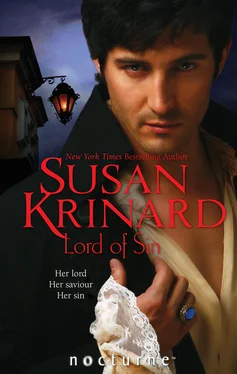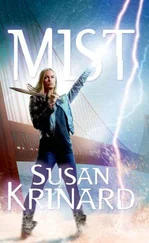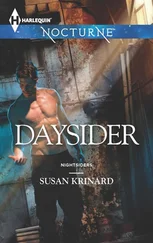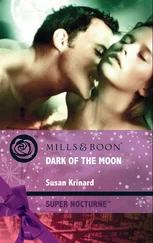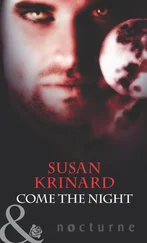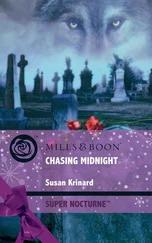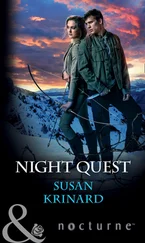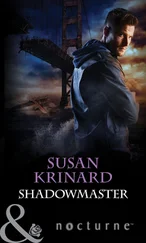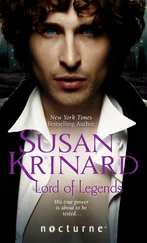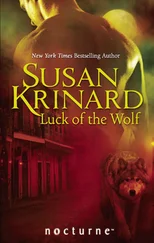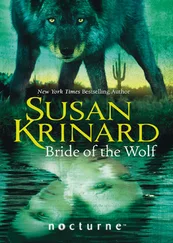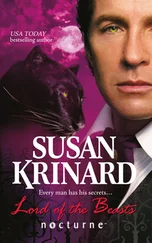Nuala followed her look toward the approaching riders. “What would that be, Lady Oxenham?” she asked, her breath catching in her throat.
The marchioness glanced at her slyly. “They have sworn not to marry, just like you.”
Deborah sat up and shaded her eyes with one gloved hand. “Truly?”
“Indeed. They call themselves the ‘Forties,’ because they have vowed to remain bachelors until they have passed the age of forty.”
“Is that so very unusual?” Deborah asked. “My own dear husband…”
“Not terribly unusual in younger sons, at least,” Lady Oxenham said. “But eldest sons must look to producing heirs of their own. And these young gentlemen have…something of a reputation.”
“What sort of reputation?”
The marchioness had no opportunity to answer. The gentlemen were drawing their horses alongside the landau, the elder on a black stallion he held under remarkable control, the younger on a bay mare. Deborah’s eyes grew very wide. The younger man tipped his hat and returned her regard, his fair hair falling across his brow.
But Nuala gave him no more than a passing glance. She stared up at the taller man, who had also raised his hat to Lady Oxenham. He seemed to be completely unaware of Nuala’s presence.
“My dear Lord Donnington,” the marchioness said, extending her hand. “How pleasant to see you again.”
The earl took her hand and kissed the air over her fingers. “Lady Oxenham,” he said. “I trust you are enjoying the afternoon.”
She allowed him to hold her hand a little longer than was strictly necessary. “Indeed I am,” she said, and turned to her guests. “Lady Orwell, Lady Charles, may I present the Earl of Donnington.”
Deborah continued to gaze at the younger man as if she hadn’t heard the introduction. Lord Donning-ton bowed stiffly over his saddle.
“Lady Orwell,” he said, “Lady Charles.”
Nuala met Sinjin’s hard brown eyes. She had never forgotten for an instant how handsome he was, how lean and graceful, how utterly masculine in his coat, breeches and riding boots. Nor had she forgotten the scorn in his eyes four years ago, when she’d admitted to being a witch. A witch who had posed as a maid at his brother’s estate, Donbridge, and who had made herself an essential part of the events that had resulted in Giles’s death, and the disruption of everything Sinjin had known and believed.
She clasped her hands to keep them from trembling. “Good afternoon, Lord Donnington.”
He ignored her greeting and gestured to his friend. “May I be permitted to present Mr. Felix Melbyrne.”
Lady Oxenham inclined her head. “Mr. Melbyrne. I understand that you are but recently come to London.”
“It is true, Lady Oxenham,” Melbyrne said, nervously shifting his reins in his hands. “I am most honored to make your acquaintance.” His gaze wandered back to Deborah. “And yours, Lady Orwell, Lady Charles.”
Deborah blushed, bobbed her head and smiled. “I…I am happy to meet you, Mr. Melbyrne.”
“And I,” Nuala said. She searched the young man’s eyes. “Lady Orwell and I are also recent arrivals.”
“I…I see.” Mr. Melbyrne continued to fidget in a very telling manner. “There is so much to see and do.”
“Yes,” Deborah said, “I agree.”
“And you, Lady Charles?”
Sinjin’s voice was as harsh as his gaze, drawing a start of surprise from the marchioness. Nuala didn’t smile. She was compelled to concentrate entirely on making certain that her distress was not visible to him or her companions. That Deborah should not guess that she and the Earl of Donning-ton had met before under the most painful of circumstances.
“It is very different from the countryside Lord Charles preferred,” she said.
A flash of what might have been chagrin passed over Sinjin’s face. “Permit me to offer my sincere condolences on the loss of your husband.”
“You are very kind, Lord Donnington.”
“The earl was also kind enough to offer me his condolences,” the marchioness said, more brusquely than was her habit. “Having been out of the country so long, he did not learn of Charles’s passing until very recently. But then again, my brother-in-law was very reclusive. Many forgot his existence entirely.”
“Not I, I assure you,” Sinjin said. “We were together at Eton. I was deeply grieved.”
The marchioness inclined her head. “You have been much occupied since your return from India.”
“Oh,” said Lady Orwell quickly, as if she were eager to change the subject. “You have been in India? How fascinating.”
Mr. Melbyrne said something about having visited some other exotic clime, but Nuala wasn’t listening. She watched Sinjin without quite looking at him, taking him in with her senses as well as her eyes.
He had changed. Oh, not so much in appearance, though there were a few more lines in his face and a deep tan gained from several years in India. He had lost none of his handsomeness. No, the greatest change was within him. He had always been somewhat cynical, a man who had a reputation as a lover and a gambler. But he had shown compassion toward his former sister-in-law, Mariah, when she had been in trouble. He was capable of great feeling and unflinching loyalty.
That Sinjin seemed to have vanished. His face revealed no expression, even as he conversed easily with Lady Oxenham. His dark eyes were shadowed, as if he seldom slept, and his mouth was tight.
There was no mistaking his coldness toward her. They had parted so abruptly at Donbridge, and that was her doing. Her cowardice. Had his brother’s death and Lady Westlake’s subsequent madness turned him into the man she saw before her?
You knew it might be like this . Yet his unspoken hostility was much worse than she might have imagined. A part of her had hoped for something different, a neutral meeting, some way she might explain without having to face his mistrust and obvious resentment.
He finds you in London, a lady at least in name, a stranger he never had any real reason to trust. I told him so little. Is it any wonder…
She had thought of laying ghosts to rest. But now, suddenly, she was afraid.
“We must go,” Sinjin said, touching the brim of his hat. “I shall look forward to seeing you again, Lady Oxenham, Lady Orwell.” He paused. “Lady Charles.”
He wheeled his horse about and started away, dodging a town coach and four. Melbyrne lingered, his horse shuffling nervously beneath him, opened his mouth and bowed from the saddle before riding after his friend.
“How very interesting,” Lady Oxenham murmured. But she didn’t elaborate, and soon the landau was moving again. Nuala found it impossible to keep up her part in the conversation.
He is suffering , she thought. Because of me .
And he had judged her, just as the witch-finders had judged her family.
“It was he,” Deborah whispered, leaning close to Nuala’s ear.
“I beg your pardon?”
“The young man I saw at the Academy!”
Nuala took herself in hand. “Mr. Melbyrne?”
“Yes. He is handsome, is he not?”
“Yes. Very handsome.”
“And that man with him…Lord Donnington—” She shuddered. “He was quite intimidating. Very courteous in his manner, but so distant.”
“Perhaps he had important things on his mind.”
“Oh, most important,” Lady Oxenham put in. “What suit he ought to wear tomorrow, where he might spend a stimulating evening playing at cards, what new bit of horseflesh he might choose to buy. All very pressing matters.”
“But I thought you liked him!” Deborah protested.
“I do. He has certainly kept up the family’s interests in the East and has done well by his tenants at Donbridge. But he has only been in England three months, and already he is influencing the most fashionable young men…not necessarily for the better.”
Читать дальше
